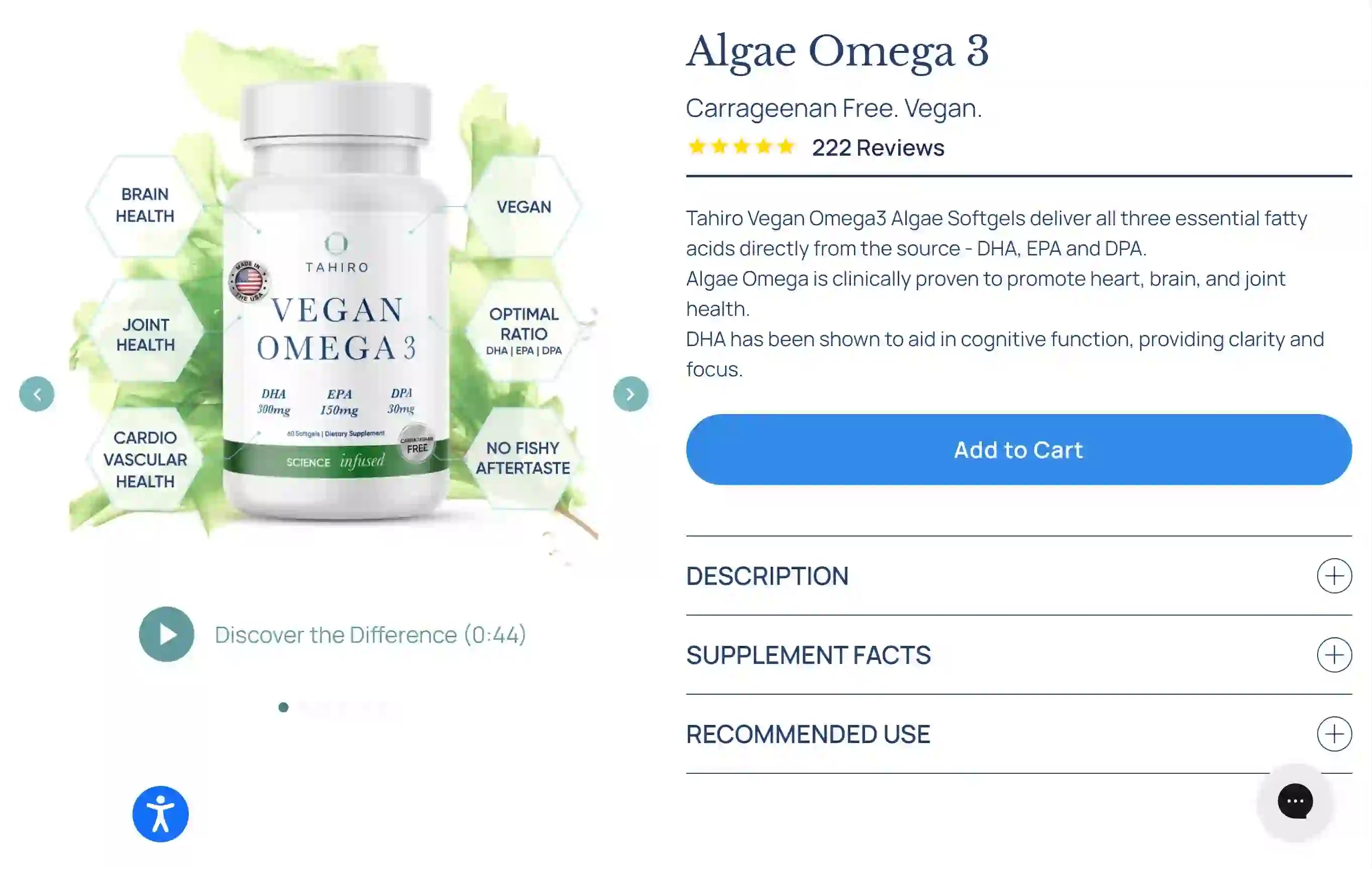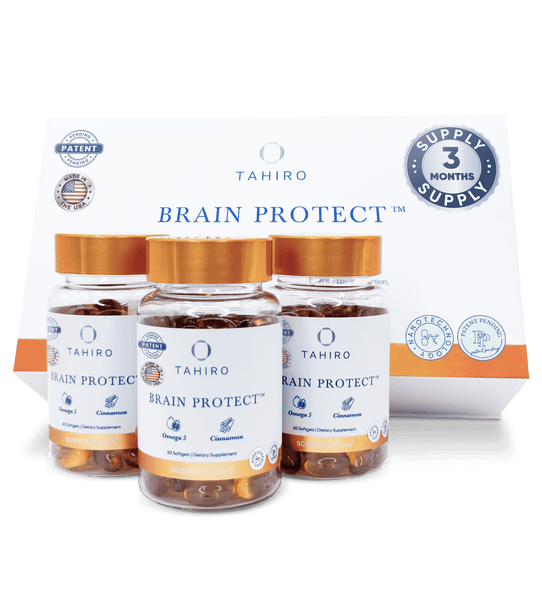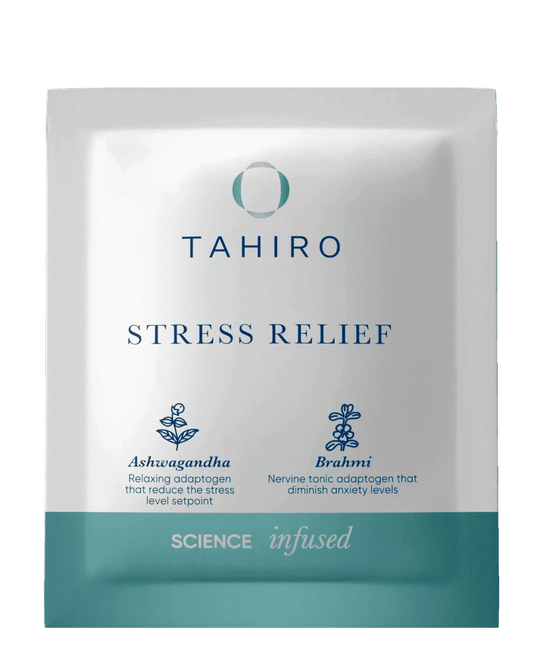Have you ever wondered why cinnamon has been a beloved spice for centuries? The warm and inviting aroma that fills your kitchen as you sprinkle it on your oatmeal or latte is just one of its many charming qualities. But what if we told you that cinnamon could also be a natural mood enhancer? Yes, you read that right. Recent studies have suggested thatconsuming cinnamon could potentially increase dopamine levels in the brain. Dopamine is a brain chemical that’s responsible for regulating our mood, motivation, and pleasure. Now, before you rush to your spice rack, let's explore the fascinating science behind cinnamon's potential to boost brain function and what it could mean for mental health. Could this humble spice hold the key to happiness? Let's find out.
Cinnamon's Top Health Components: A Brief Overview
From regulating blood sugar to improving brain function, cinnamon's health components make it a superfood worth incorporating into our diet. Here are five key health components of cinnamon:
-
Cinnamaldehyde: the compound responsible for cinnamon's distinct flavour and smell, which also has antioxidant and anti-inflammatory properties.
-
Polyphenols: cinnamon is rich in polyphenols, which are antioxidants that have been shown to have anti-cancer and anti-diabetic effects.
-
Manganese: a mineral that helps support bone health and wound healing, and is found in high concentrations in cinnamon.
-
Fiber: cinnamon is a good source of dietary fiber, which supports digestive health and can help lower cholesterol levels.
-
Cinnamic acid: another compound found in cinnamon, cinnamic acid has been linked to reducing inflammation and potentially lowering the risk of heart disease.
How Cinnamon May Enhance Dopamine Production in the Brain
Recent research has suggested that cinnamon may have neuroprotective effects beyond its culinary uses. One potential mechanism through which cinnamon may exert its neuroprotective effects is by enhancing dopamine activity in the brain. Dopamine is a neurotransmitter that plays a critical role in regulating mood, motivation, and pleasure. A compound that acts to stimulate dopamine’s actions in the brain is called dopaminergic, and cinnamon has been found to have this effect.
Studies have found that cinnamon extract can increase the release of dopamine in the striatum, a brain region that is involved in reward and motivation. For example, one study published in the Journal of Neuroimmune Pharmacology found that cinnamon extract enhanced the release of dopamine in the striatum of mice, which led to improved cognitive function and motor performance [1]. Another study found that cinnamon intake was associated with increased dopamine receptor density in the brains of rats [2]. These findings suggest that cinnamon may not only increase dopamine release, but also improve dopamine receptor function.
While further research is needed to fully understand the mechanisms behind cinnamon's potential dopaminergic effects, it could potentially be beneficial for brain function and mental well-being.
Exploring the Impact of Cinnamon on Dopamine Levels in Humans: Findings from Human Studies
While the majority of research on cinnamon and dopamine has been conducted in animal models, there are a few human studies that have explored the relationship between cinnamon and dopamine levels.
One study published in the Journal of Traditional and Complementary Medicine found that consumption of cinnamon powder for 12 weeks was associated with a significant increase in dopamine levels in healthy individuals [3]. Another study published in the journal Food Research International found that cinnamon supplementation for 60 days was associated with a significant increase in dopamine levels in patients with type 2 diabetes [4].
Interestingly, both studies also reported improvements in other biomarkers of health, such as blood glucose levels and lipid profiles, suggesting that cinnamon may have broader health benefits beyond its potential effects on dopamine function. However, more research is needed to fully understand the potential benefits of cinnamon supplementation on dopamine levels and overall health in humans.
Cinnamon's Impact on Dopamine-Related Diseases
There is growing interest in the potential therapeutic effects of cinnamon on dopamine-related diseases, such as Parkinson's disease. Preclinical studies have shown promising results, with cinnamon extract and its constituents demonstrating neuroprotective effects and improving dopamine function in animal models of Parkinson's disease [5]. One study in humans with Parkinson's disease found that supplementation with cinnamon extract for 12 weeks led to significant improvements in motor symptoms and quality of life compared to placebo [6]. There is also evidence that cinnamon and its components may help to prevent the death of dopamine-producing neurons in the brains of people with Parkinson’s disease [13].
While more research is needed to fully understand the mechanisms underlying these effects, the potential neuroprotective and dopaminergic effects of cinnamon make it an intriguing area of study for the prevention and treatment of dopamine-related diseases.
How does Cinnamon benefit Cognitive Function by Increasing Dopamine Levels?
Cinnamon's ability to increase dopamine levels has been linked to potential cognitive benefits. Animal studies have shown that cinnamon extract and its constituents can enhance dopamine release and improve cognitive function [8]. In humans, a study found that consumption of cinnamon improved working memory and attention compared to placebo, with changes in dopamine levels suggested as a possible mechanism [7]. Another study found that cinnamon supplementation improved cognitive function in individuals with prediabetes. It’s believed that this occurred through cinnamon’s effects on dopamine as well as insulin signalling pathways [9].
Precautions and Risks when Using Cinnamon to Increase Dopamine
While cinnamon has been shown to have potential benefits for increasing dopamine levels, there are also some precautions and risks to consider when using it for this purpose. One concern is the potential for allergic reactions to cinnamon, which can range from mild skin irritation to more severe reactions such as anaphylaxis [10]. If you have an allergy to cinnamon, it’s best to avoid it and to choose other natural remedies instead.
Cinnamon may also interact with certain medications, including those used to manage diabetes. When used along with diabetes medications, it may have additive effects on blood sugar levels, increasing the risk of hypoglycemia, or low blood sugar [11]. Additionally, high doses of cinnamon supplements may be toxic and have been associated with liver damage in rare cases [12].
It is important to talk to a healthcare provider before using cinnamon as a supplement or natural remedy for increasing dopamine levels. They can help assess potential risks and benefits based on an individual's health status, medication use, and other factors.
How Long Does it Take for Cinnamon to Affect Dopamine Levels?
The time range for cinnamon to take effect can vary depending on the individual and the desired outcome. Some people may notice immediate effects, such as improved mood or energy, after consuming cinnamon. However, when it comes to more long-term benefits, such as increasing dopamine levels or improving cognitive function, it may take several weeks or even months of consistent cinnamon consumption to see significant results. It's important to keep in mind that cinnamon should be used as part of an overall healthy lifestyle, including a balanced diet and regular exercise, for optimal results.
What Are the Best Ways to Consume Cinnamon?
There are many ways to consume cinnamon to reap its health benefits. You can sprinkle cinnamon on your morning oatmeal, add it to your coffee, make tea from it, or use it as a spice in your cooking. However, if you're looking for a more convenient and potent way to consume cinnamon on a daily basis, you should look for high quality supplements which incorporate cinnamon into their formula.
If you're looking for a natural way to protect your brain from neurodegeneration and dopamine-related diseases, take a closer look at Tahiro's supplements. Brain Protect™ is a supplement that features a potent proprietary nano-formulation combining pomegranate seed oil (an excellent source of brain-protecting omega-5 fatty acids) and cinnamon. This scientifically proven and patent-pending supplement can help to prevent, delay, or reverse age-related cognitive decline and improve cognition, memory, recall, and focus. By supporting general brain health and immunity, Tahiro's supplements may also help individuals affected by Mild Cognitive Impairment (MCI). Click here to visit Tahiro's website to learn more about their breakthrough in brain protection and order your natural cinnamon supplements today.









